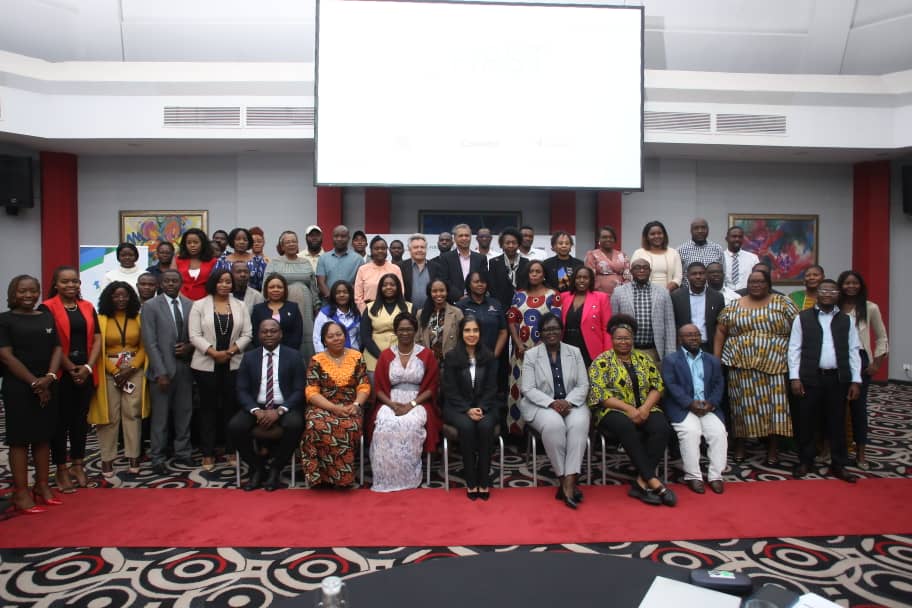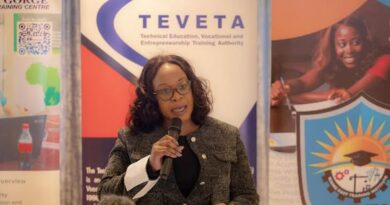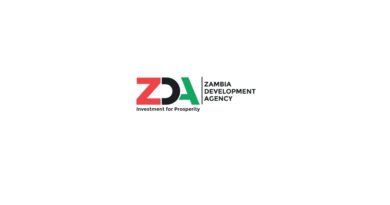Zambia Hosts High-Level Policy Dialogue on AfCFTA Protocol for Women and Youth in Trade
The Ministry of Commerce, Trade and Industry (MCTI), in partnership with Global Affairs Canada, Cowater International and the Facilitating Inclusive, Resilient and Sustainable Trade (FIRST) Project, has convened a high-level Policy Dialogue on the implementation of the African Continental Free Trade Area (AfCFTA) Protocol on Women and Youth in Trade.
Adopted in 2024, the AfCFTA Protocol seeks to remove barriers that prevent women and young people from fully participating in intra-African trade. The FIRST Project, a five-year initiative funded by Global Affairs Canada and implemented by Cowater International, works with governments, policymakers, trade associations and the private sector to promote inclusive trade in Zambia, Mozambique and the Democratic Republic of Congo.
The Policy Dialogue brought together stakeholders from government, civil society, the private sector and development partners to chart a path towards inclusive trade across the continent.
Speaking at the opening ceremony, Acting Permanent Secretary for Trade and Commerce, Angelina Chanda Mukuka, reaffirmed Government’s commitment to fostering inclusive economic growth through the empowerment of women and youth. She further commended the private sector for supporting entrepreneurship through incubation programmes and capacity-building initiatives.
The Dialogue also showcased Zambia’s national efforts, including the Eighth National Development Plan, the 2023 National Gender Policy and the 2024 National Youth Policy, which prioritise entrepreneurship, access to finance and market inclusion for marginalised groups. In addition, MCTI is currently reviewing its National Trade Policy and Export Strategy to align with AfCFTA frameworks and ensure equitable access to regional and global markets.
FIRST Project Team Leader, Nadira Bayat, underscored the importance of inclusive trade policies. “Our objective is clear: to identify and implement practical measures that dismantle the barriers facing women, youth and persons with disabilities in cross-border trade,” she said.
Discussions at the Policy Dialogue centred on four priority themes derived from the AfCFTA Protocol: gender-responsive and disability-inclusive trade facilitation, export readiness and market intelligence, access to finance for marginalised groups, and enhancing productive capacity and market access.
The Dialogue marks a significant step towards realising the transformative potential of the AfCFTA, ensuring that women, youth and persons with disabilities are not left behind in Africa’s journey towards shared prosperity.



